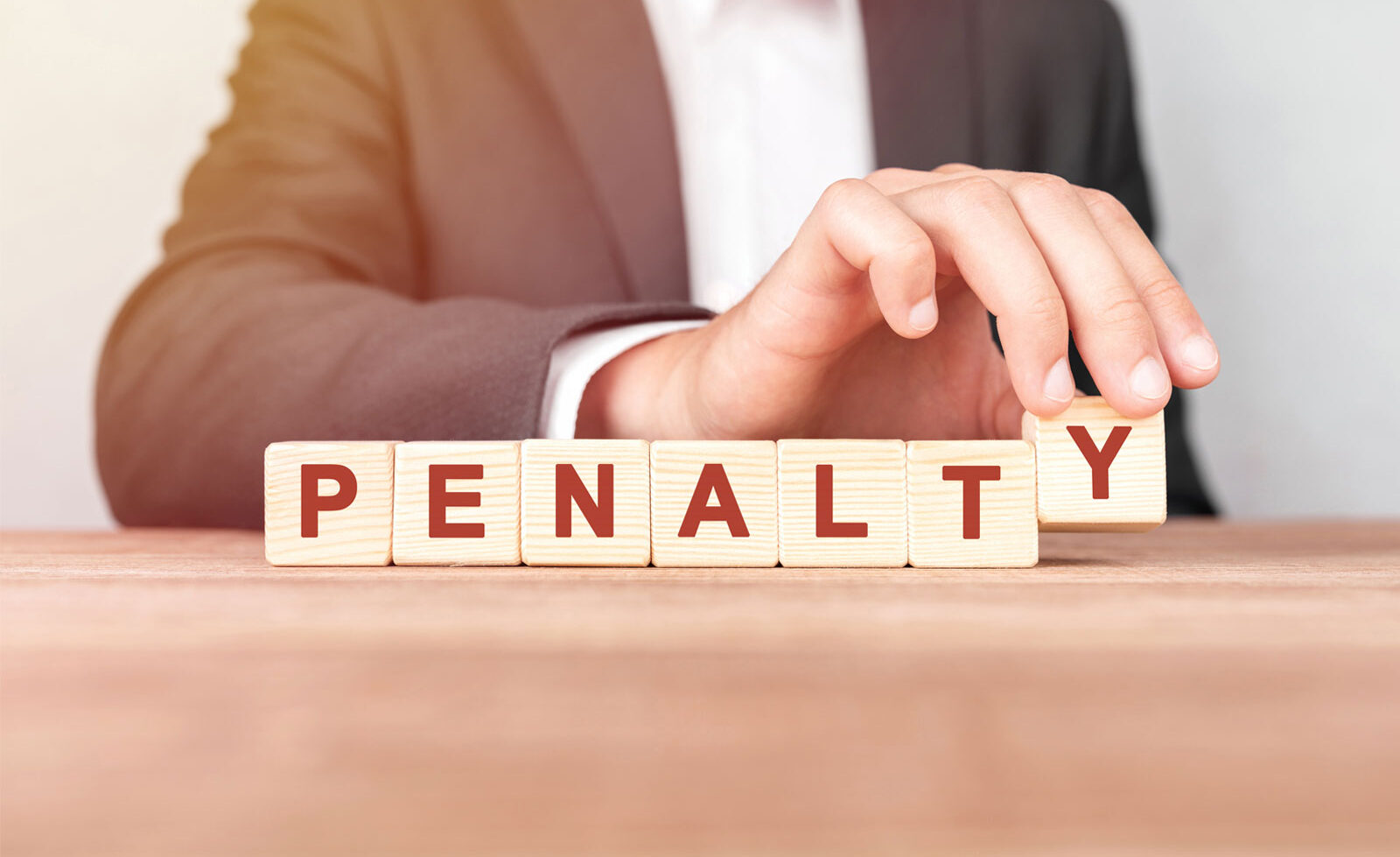| All | Blog | Videos | Webinars |
How to avoid illegal working penalties: a guide for employers

These results were recorded in the first quarter of 2021 (1 January 2021 - 31 March 2021)
As shown by this table the amount of companies to be fined differs dramatically by area stating London and the South East of England as the worst, with the highest total of penalty charges and the most amount of companies to be fined. It can also be seen that the North East of England, Yorkshire and Humberside is the better region shown by the table.
| Region | Amount of companies fined | Total value of penalty charge |
|---|---|---|
| London & South East England | 21 | £490,000 |
| Midlands & East England | 11 | £390,000 |
| North East England, Yorkshire and Humberside | 4 | £55,000 |
| North West England | 15 | £250,000 |
| Scotland & Northern Ireland | 4 | £75,000 |
| Wales and South West England | 5 | £145,000 |
Anonymous regional report
This report shows the number of penalties, the number of illegal workers found, and the value of the penalties issued between 1 October 2019 and 31 December 2020.
| London & South East England | Midlands & East England | North East England, Yorkshire and Humberside | North West England | Scotland & Northern Ireland | Wales & South West England | |
|---|---|---|---|---|---|---|
| Number of penalties | 38 | 25 | 6 | 27 | 10 | 8 |
| Number of illegal workers found | 65 | 48 | 9 | 33 | 14 | 11 |
| Value of penalties issued (£) | £810,000 | £530,000 | £100,000 | £405,000 | £160,000 | £110,000 |
It is clear that such fines can have a huge impact on businesses, big and small. Woodcock Law can assist with due diligence checks for new employees, and compliance with existing employees.
What is a Civil Penalty for Illegal Employment?
A civil penalty for illegal employment is a fine that can be given under the prevention of illegal working legislation. Each penalty is issued by the Home Office as soon as it is discovered that a UK employer is employing a person who does not have the right to work in the UK.
The penalties can be avoided by the employers if they carry out the correct protocol when checking each person’s right to work checks before commencing their employment.
If officials within the Home Office believe that the correct checks have not been followed or carried out correctly, the employer can be issued with a ‘Referral Notice’, and a case is sent to the Home Office for further action. As a result of this notice the employer may receive one of the following notices upon the decision of the Home Office:
- A Civil Penalty Notice.
- A Warning Notice.
- A No Action Notice.
A civil penalty notice is issued when it is believed that the employer is liable for the charge by employing one or more employees who do not have the right to work in the UK, or who have breached their conditions to stay in the UK.
This notice will state how much you need to pay, and by what date it needs to be paid. There is an opportunity to object to the notice if you feel that they have been wrongly accused. Details of how to object appear on the notice.
Intentional employment of illegal workers
You can face prosecution for being found to have intentionally employed illegal workers. As an employer, you could face a maximum of 5 years imprisonment and/or an unlimited fine. This includes, for example, if you had any reason to believe that:
- they didn’t have leave (permission) to enter or remain in the UK
- their leave had expired
- they weren’t allowed to do certain types of work
- their papers were incorrect or false.
Unintentional employment of illegal workers
Unknowingly employing an illegal worker can mean unnecessary stress for a company or employer. It can impact the company/ organisation in many ways, including how things are run in the future regarding the correct checks when employing new staff members.
In the event of a raid by the Home Office Immigration Department, they will examine records of employees and when they were appointed as team members. The officers are looking to see if the employer has demonstrated the correct due diligence checks when employing workers, and are not in any breach of Section 15 of the Immigration, Asylum and Nationality Act 2006.

Right to work due diligence
If hiring for the first time in a new business or just expanding the workforce in your current one, the correct protocol must be taken in order to abide by the law and avoid penalty charges of any kind.
There are statutory codes of practice that are written and updated to help prevent illegal working. These state the checks that should be taken to avoid getting a penalty charge.
There is also a specific ‘Code of practice for employers: avoiding unlawful discrimination while preventing illegal working’ that employers are recommended to keep updated on.
Click here to find out about the updated checklist requirements post-Brexit.
Click here to find out whether an employee has the right to work in the UK.
Examples of documents that need to be checked to find out if a person has the right to work in the UK:
- The documents are genuine, original and unchanged and belong to the person who has given them to you
- the dates for the applicant’s right to work in the UK haven’t expired
- photos are the same across all documents and look like the applicant
- dates of birth are the same across all documents
- If two documents give different names, the applicant has supporting documents showing why they’re different.
What happens if you are raided by the Home Office?
You will be notified in writing about any action that will be taken by the Home Office Immigration Department if needed. A statutory excuse (a way of showing due diligence) can be used as a defence against a civil penalty, but this will not exempt you from any future visit or raids.
If you are found not to have carried out the correct due diligence, there will be no statutory excuse. In this case, you will get a ‘referral notice’ initially to state a potential fine of up to £20,000 per illegal worker found within the company. A separate notice is then sent out confirming the breach of section 15 of the Immigration, Asylum and Nationality Act 2006, which will state the exact amount to be paid per worker. This will need to be paid up to 28 days of the given notice.





